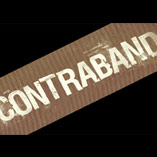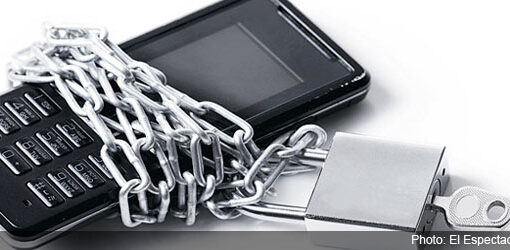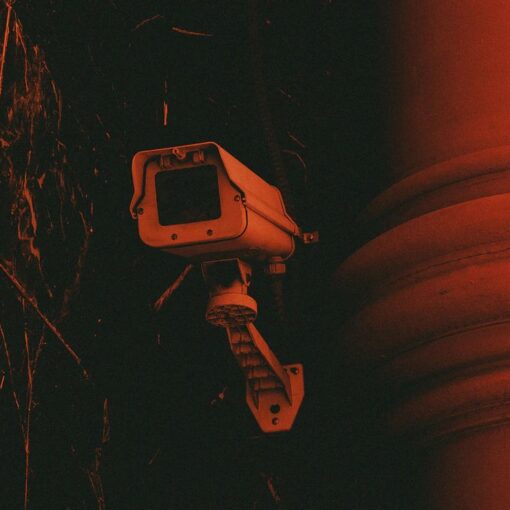 The United Kingdom’s Ministry of Justice has determined that managed access jamming of contraband cell phones is too expensive and has commissioned “research to explore the use and demand for illicit mobile phones amongst the prison population” in order to facilitate the “development of a new mobile phone strategy to:
The United Kingdom’s Ministry of Justice has determined that managed access jamming of contraband cell phones is too expensive and has commissioned “research to explore the use and demand for illicit mobile phones amongst the prison population” in order to facilitate the “development of a new mobile phone strategy to:
(i) manage prisoner communications,
(ii) reduce and control criminal activities and
(iii) reduce expenditure on equipment and the need for time-consuming searches.”
The aim of the study is:
1. To further the understanding of what drives the demand for illicit mobile phones by prisoners; and
2. To help identify potential effective ways of preventing their usage (excluding prohibitively expensive solutions such as mobile phone blockers).
To guide the analysis, the key research questions to be explored are:
• What drives the demand for mobile phones within prisons? How much is for maintaining family conduct and how much is for other more criminal purposes (including criminal networks, gangs, terrorism)?
• Are certain types of prisoners more likely to want a mobile phone and so drive demand in particular establishments?
• Which non-technical factors could be most effective (and cost effective) in reducing both the supply and demand for mobile phones in prison (including ways of counteracting the prison economy that surrounds the use of mobile phones)?
Maryland as an example
Let’s look at Maryland as an example of the managed access cost concerns prisons around the world must wrestle with when considering jamming technology. Last year, the Maryland State legislature formed a Special Joint Commission on Public Safety and Security in State and Local Correctional Facilities. Formed in response to the scandal at the Baltimore City Detention Center, where a joint federal-state investigation revealed a virtual takeover of the facility by violent inmate gang members and corrupt correctional officers, the commission recently released its recommendations.
Included in this report is the recommendation is to expand the funding for managed access jammers at six additional prison facilities beyond the two sites (MTC and BCDC) where it has already been installed. Per the report, the jamming costs for these two existing sites are $2 million annually at MTC and $3.9 million annually at BCDC.
According to the report, “The system appears to be very effective, as evidenced by the sight of inmates continuously lined up at payphones.” That’s some fact-based decision making right there!
If the cell phones in the prison were predominately used to plan crimes by avoiding the monitoring/recording of calls at the prison payphones (the reasons given to justify the multi-million dollar annual expenditures), why would prison payphone demand increase once the contraband mobile phones were being jammed? Perhaps because the predominant use of the now blocked mobile phones is not to run gangs, but rather to speak to loved ones?
We have long advocated the strategy of looking at the problem of contraband cell phones as a problem of supply AND demand. We believe however that the problem of demand for smuggled mobile phones in jail goes beyond long-term offenders looking to continue their drug or crime operations, witness intimidation and the avoidance of high call prices.
Contraband cell phone demand is also driven by a desire for more frequent family communication and more privacy (not secrecy) and as such, any comprehensive solution should address both sides of the equation – supply and demand.
Providing prisoners with a controlled and secure prison cell phone, such as the meshDETECT solution, will siphon off the predominant use of the contraband phones – communication with loved ones. Combined with a measured and cost effective supply-side strategy, this demand-side approach will lower the value of the contraband wireless phones and therefore the money that can be made smuggling them into prison, eliminate wireless airtime as prison currency and reduce recidivism by enhancing family connections.
The challenges prison budgets face in today’s economic environment necessitate such a comprehensive approach. We are pleased to see that, in Britain at least, this strategy is being seriously considered.
- Blockchain System for Compliant Inmate Transactions - March 4, 2025
- Securus Gets the Signal, Eleven Years Later - August 23, 2024
- Multi-Blockchain System for Inmate Forensics - April 2, 2024




